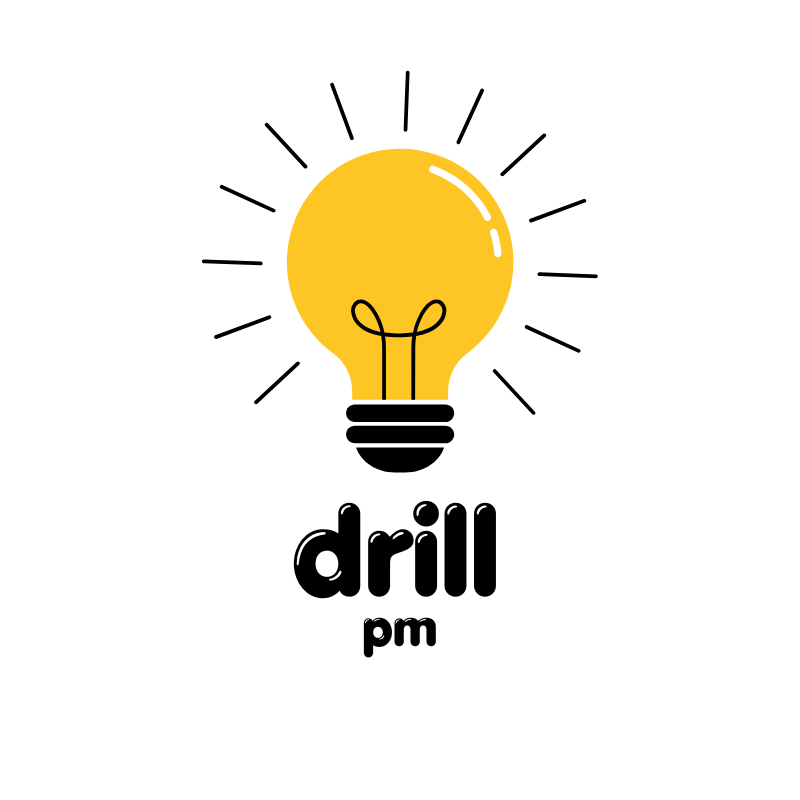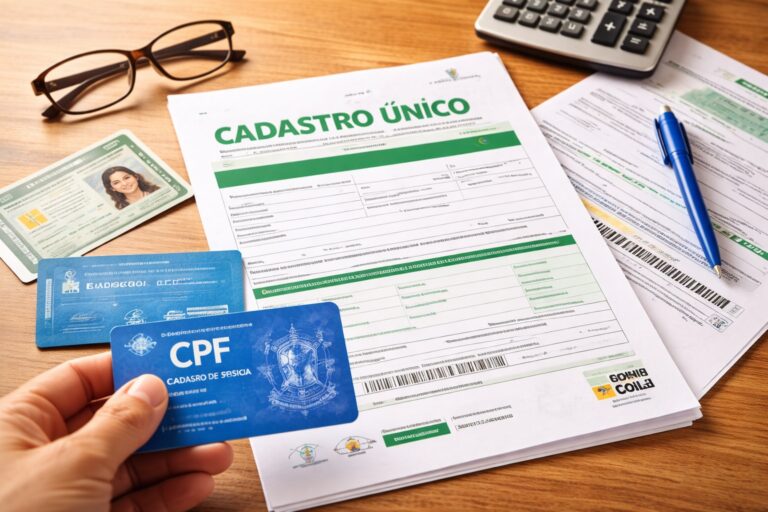Anúncios
Getting your finances in order might feel overwhelming, especially if you’re just starting out in adult life. Between your first paycheck, student loans, and the temptation of credit cards, it’s easy to lose track of where your money is going. But here’s the good news: a few simple steps can help you build a more stable and secure financial future.
You don’t need to be a financial expert to take control of your money. All it takes is a clear understanding of how much you earn, where you spend, and how to make smarter choices. By building a few habits, you can start gaining peace of mind—and even reach goals you didn’t think were possible.
This guide is here to walk you through practical steps to organize your finances in a way that’s realistic and doable. Ready to take the first step toward financial independence? Let’s get started!
Know where you stand: assess your current financial situation
Before you can change anything, you need to know where you’re starting from. How much do you earn? What are your monthly expenses? Do you have any debt? Any savings? Knowing your numbers is key.
Write everything down or use a budgeting app. List your income, fixed expenses (like rent and groceries), and variable ones (like entertainment, online shopping, or food delivery). Seeing it all in front of you can be eye-opening—and it’s the first step to taking control.
Don’t skip this step. It might be uncomfortable, but it’s necessary. From here on, you’ll know what you’re working with and where you can improve.
Set realistic and measurable financial goals
Having goals gives your money direction. Instead of just saying “I want to save more,” define exactly what you want to achieve and by when. Do you want to build an emergency fund? Save up for a laptop or a trip? Move into your own place?
Use the SMART method: make your goals Specific, Measurable, Achievable, Relevant, and Time-bound. For example: “Save $1,000 in 6 months to buy a new laptop.” That means saving around $170 per month—now you know exactly what to do.
Clear goals keep you focused and motivated, and they make it easier to say no to things that aren’t helping you get where you want to go.
Learn how to create a personal budget from scratch
Your budget is your financial roadmap. It tells you what’s coming in, what’s going out, and helps you make better decisions. The basic formula is simple: income – expenses = balance. But a great budget also gives every dollar a purpose.
A popular method is the 50-30-20 rule:
- 50% of your income goes to needs (housing, food, transportation)
- 30% to wants (entertainment, subscriptions, travel)
- 20% to savings and/or investments
Adjust the percentages based on your reality. What matters most is consistency. Whether you use an app, a notebook, or a spreadsheet—choose what works best for you and stick to it.
Spot overspending and learn how to cut back
As you track your budget, you’ll probably notice spending areas that could be trimmed. That’s totally normal. Start by reviewing your variable expenses. Are you ordering takeout too often? Paying for subscriptions you barely use? Could you switch to a cheaper phone plan?
The goal isn’t to cut all your joy—it’s to reduce what no longer serves you. That way, you can redirect money toward things that matter more.
Small cuts add up. And you’ll be surprised how empowering it feels to have more control over where your money goes.
Build the habit of saving—even if it’s a small amount
One of the biggest myths is: “I don’t earn enough to save.” In reality, saving isn’t about how much you make—it’s about the habit of setting money aside regularly.
Start small. Save $5 a week. Or $20 a month. The amount matters less than building the routine. Over time, it becomes automatic—and your savings will grow without you even noticing.
Pro tip: treat your savings like a bill. Pay yourself first, right after you get paid. That way, saving becomes a priority, not an afterthought.
Discover the power of investing early
Saving is important—but investing is how your money grows. And the earlier you start, the more your money can work for you thanks to compound interest.
There are beginner-friendly options like index funds, government bonds, or even robo-advisors that do the work for you. Don’t worry about being perfect—just get started.
Apps like Robinhood, Fidelity, and Betterment offer educational resources to help you learn as you go.
Investing might sound intimidating, but it’s one of the smartest moves you can make for your future self.
Use apps and tools to help you stay financially organized
There’s no need to do it all alone. Plenty of free and paid tools can help you track spending, plan your budget, and hit your goals. Some of the most popular personal finance apps include:
- YNAB (You Need A Budget)
- Mint
- Goodbudget
- PocketGuard
- EveryDollar
Try a few and stick with the one that fits your style. Tech makes staying organized easier—and even kind of fun.
Watch out for debt and impulse buying
Credit cards aren’t evil, but they can quickly lead to trouble if used carelessly. The same goes for emotional purchases or endless installment payments.
Before you buy, ask yourself: Do I really need this? Can I afford it without wrecking my budget?
Avoid long-term debt for short-term pleasure. A new phone or weekend trip might be fun now, but it’s not worth months of financial stress later.
If you’re already in debt, focus on paying off high-interest balances first. Don’t ignore it. Facing it head-on puts you back in control.
Final thoughts and next steps
Financial organization doesn’t happen overnight. It’s a journey—one step at a time. And the earlier you start, the better off you’ll be.
So don’t wait. Start with what you have, do your best, and improve as you go. Every small win builds momentum. You’re not just learning how to handle money—you’re building the foundation for a more secure and independent life.
Frequently Asked Questions (FAQ)
1. Do I need to earn a lot to start managing my money well?
Not at all. What matters most is building good habits, no matter your income level.
2. Should I save or invest first?
Start by saving an emergency fund. Once you’ve built that, you can begin investing for long-term goals.
3. What’s the easiest way to track my spending?
Try apps like Mint, YNAB, or PocketGuard. Or use a simple spreadsheet—whatever you’ll actually use regularly.
4. Is using credit cards a bad idea?
Not if used responsibly. Always pay the full balance and don’t spend more than you can afford.
5. What’s the biggest mistake people make with money early on?
Ignoring where their money goes. Even small, frequent expenses can drain your budget over time.



